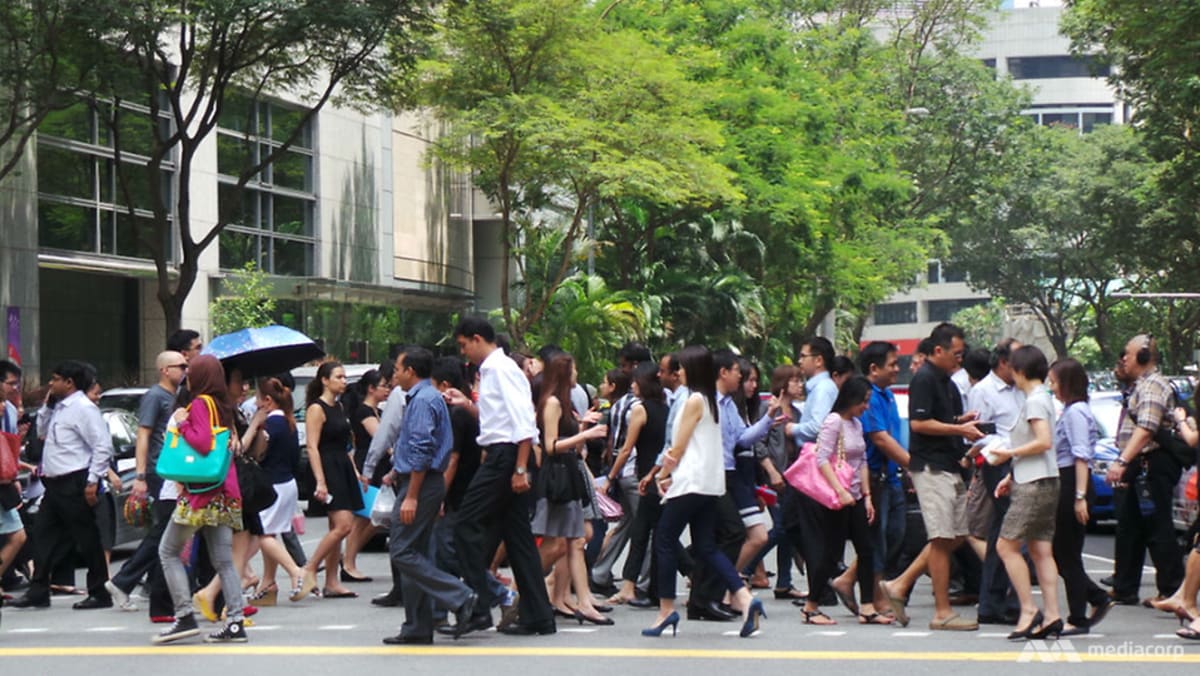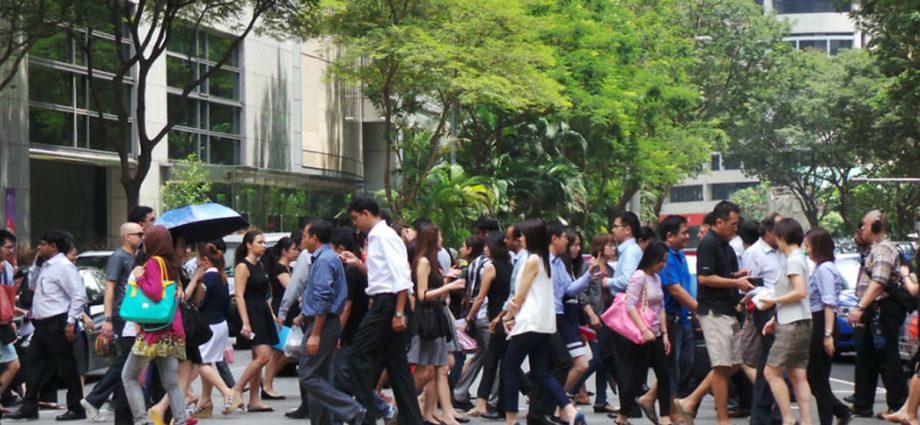
“FISSURES IN SOCIETY WILL APPEAR”
In a post on her personal Facebook page on Mar 27, Madam Ho Ching, the chairman of Temasek Trust, responded to a recent incident involving an NTUC FairPrice customer who filmed herself confronting an employee about her inability to speak English. The customer was upset over the way her fish was cut.
She said that being Singaporean was “more than just a birthright or a passport”, and cautioned the public not to “shame others for not speaking the language we know”.
“The strength of a Singaporean is our open-mindedness to accept all creeds, colours and cultures as equals … We accept we are not a perfect people, and we recognise that we have much to learn from others from all over the world,” she said.
Mdm Ho, who is also the wife of Prime Minister Lee Hsien Loong, also likened a walk around Marina Bay, where one can “hear the laughter and chatter of friends and families in all languages”, to how Singapore would have sounded in the old days.
“Being Singaporean is to know that we must make a living through making friends all over the world. Being Singaporean means to carry ourselves with discipline, respect and humility,” she added.
Former Nominated MP and businessman Calvin Cheng then responded to her comments. In a Facebook post the following day, he agreed with WP chief Pritam Singh that new citizenship applicants should pass an English test.
While Mr Cheng acknowledged that some older Singaporeans “born way before independence” cannot speak English, he said that all new Singaporeans “should absolutely speak English so they can communicate to all ethnicities”.
“Otherwise, fissures in society will appear,” he added.
“This is not xenophobia. On the contrary, it should strengthen our sense of identity, whilst allowing us to communicate with the entire world in the global lingua franca.”
WHAT SINGAPORE-BORN CITIZENS SAY
Several Singapore-born citizens interviewed by CNA agreed with the need for an English test for citizenship applications.
Mr Irfan Suhairi, who works in logistics, said he has to ask colleagues to translate for him or use Google Translate when he encounters foreign-born colleagues who are not conversant in English.
“We have the Speak Good English Movement to encourage Singaporeans to speak and write standard English. So why not implement it in citizenships and permanent residency applications?
“Singaporeans are bilingual so it would be nice for new citizens or PRs to be bilingual as well.”
Creative freelancer Dylan Wong said that having a test would help determine how well new citizens would be able to adapt to the Singapore culture, and help them to make friends with locals.
“English is one of the most (if not the most) used languages in Singapore,” the 25-year-old added. “We use it daily when we communicate with our fellow Singaporeans of different ethnicities and in materials from official documents to supermarket signs.”
Analyst Stephanie Teh, 31, suggested that Singapore need not couch it as an English test as long as other components of the citizenship process already ensure that applicants have a basic grasp of the language.
These components include the Singapore Citizenship Journey – a mandatory programme for new citizens who have been granted in-principle citizenship approval.
“I do agree that language competency would enhance social cohesion, so basic English proficiency to operate in Singapore would be beneficial for new citizens in integrating into our society,” Ms Teh added.
A public servant in his 40s, who married a Filipina three years ago and only wanted to be known as Mr L, said that having language proficiency in citizenship applications would be “counterproductive” since it was difficult enough to get citizenship anywhere.
While he was ambivalent about an English test requirement, he said that someone who stays and works in Singapore for a long time would most likely become well-versed in English.
Nevertheless, he acknowledged that an English test can help determine if applicants are ready to integrate into Singapore society.
“Language shouldn’t be the only determinant for citizenship applications. An applicant could learn English along the way and that’s okay,” he added.

